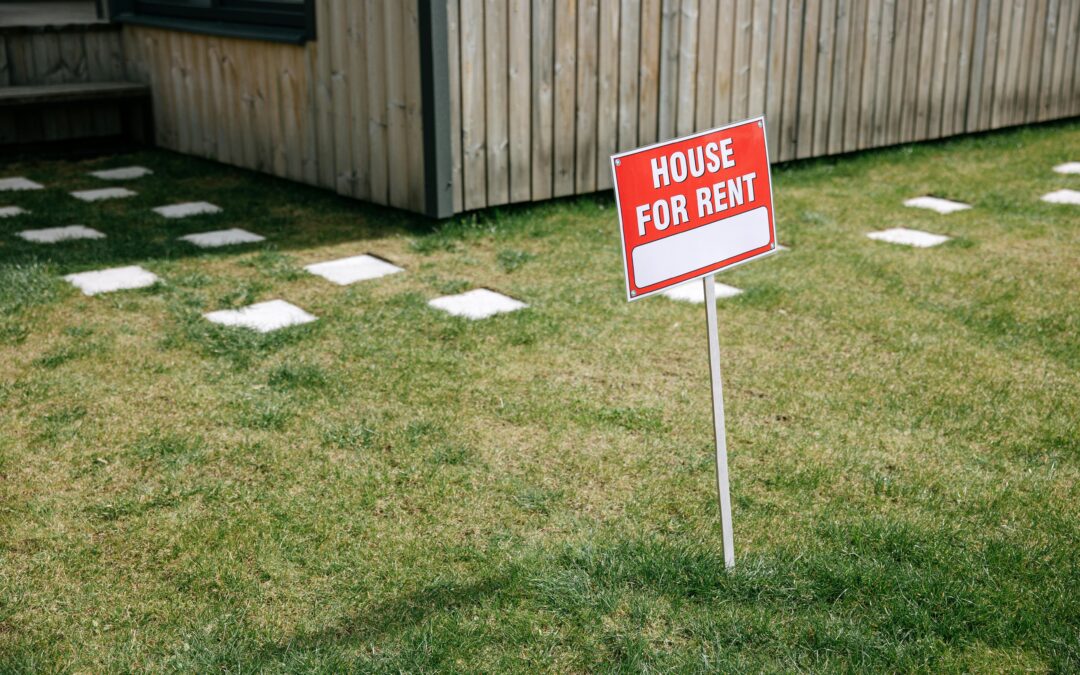Protecting your rental properties with the appropriate insurance coverage is essential for landlords and property managers, but understanding the ins and outs of landlord insurance may be challenging. Many landlords are curious about the types of insurance they require, what is and is not covered, and how to compare cheap landlord insurance and manage insurance claims and expenses. We’ll go over the most common questions that property managers and landlords have about obtaining the best insurance coverage for their rental properties in this FAQ resource piece. You can probably find some helpful insurance information here, regardless of your level of experience as a property manager or as a first-time landlord.
Is It Required To Have Landlord Insurance For Rental Properties?
Federal and state laws in the United Kingdom do not mandate landlord insurance or Block of Flats Insurance for owners of rental properties. Landlords need to be aware, though, that a lot of mortgage lenders and property management firms have clauses requiring landlord insurance. Additionally, getting landlord insurance is strongly advised even if it is not required in order to guard against potential liabilities and property damage that can arise during rental periods.
In the event that the flat is assessed unliveable, certain landlord insurance plans may even cover the loss of rent. In order to protect rental real estate assets and lessen the numerous dangers that property owners encounter when renting out their apartments, it is imperative that landlords carry insurance. In some situations, having the right level of coverage protects tenants as well as the landlord or property manager.
If I Rent To A Family, Do I Also Need Landlord Insurance?
A property owner is not immune from potential hazards such as property damage, liability claims, or unforeseen circumstances and accidents that could result in monetary losses just because they rent to a family member or a close friend. Even while renting to a family may seem less dangerous than renting to strangers, unexpected things might still happen. Regardless of the renters’ family situation, landlord insurance helps reduce these risks by providing property owners with peace of mind and financial security.
If My Tenants Have Renters Insurance, Do I Still Need Landlord Insurance?
Personal property coverage, tenants’ liability insurance, medical costs for visitors, and additional living expenses against natural calamities like fire, theft, and vandalism are all commonly included in renters’ insurance. The building is not covered. Additionally, only 55% of tenants in the US buy renters’ insurance to safeguard their property, and it is not legally required. However, “75 percent of insured renters are required by the property owner to acquire renter’s coverage.” Landlords have the authority to mandate renters’ insurance as part of a tenant’s lease. There are numerous advantages to having renters insurance, even while it won’t cover your property:
- Reduces the possibility of a lawsuit
- Lessens your accountability
- Assists you in locating trustworthy renters
- Covers your deductible
- Brings comfort
What Is The Cost Of Landlord Insurance?
There is no one-size-fits-all method for figuring out a landlord insurance policy’s premium. When calculating your premium, an insurance company will consider a number of criteria, such as:
- Type and location of the property
- Your possessions within the property
- Extra inclusions
- Your history of claims
- The worth of the property and the cost of replacement
- The property’s security and structure
- The type of investment, such as whether it’s a long-term or short-term rental.
What’s the Difference Between Landlords and Homeowners Insurance?
The structure of a home is protected by homeowner’s insurance in the event of a storm or fire. It also includes coverage for all personal belongings in your house. However, if the rental property is unfurnished, the items within will not be covered by landlord insurance, which only covers the building’s physical construction.
Additionally, this coverage will cover hazards unique to landlords, like rent loss and damage from renters. Price: Because it covers additional risks associated with the rental property, landlord insurance typically costs more than homeowners insurance. The cost of the insurance will depend on a number of factors, including the property’s location, size, and condition.

Recent Comments